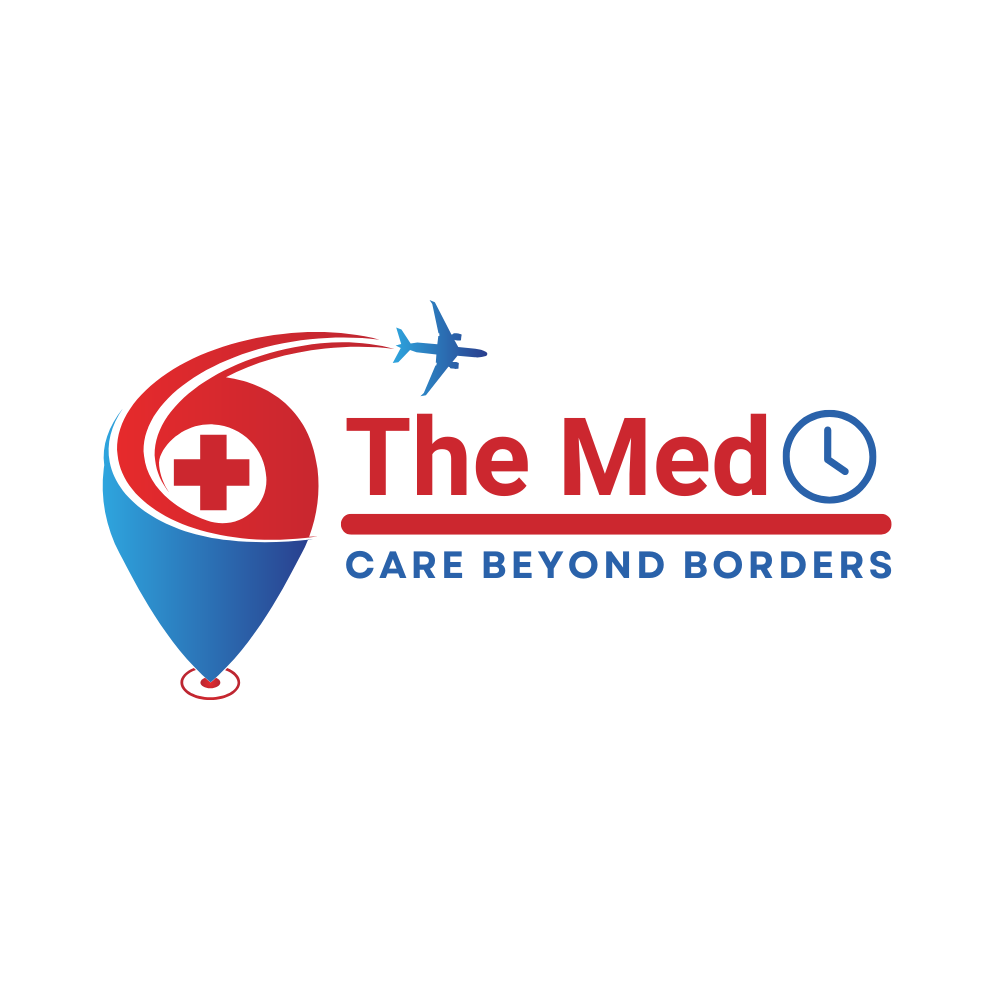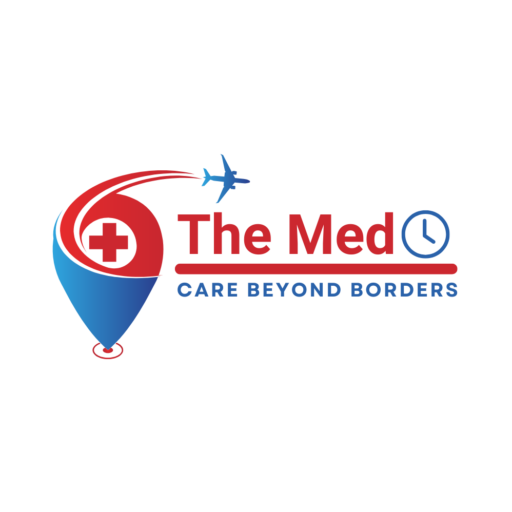Artificial Intelligence (AI) is revolutionizing the healthcare industry, transforming the way we diagnose, treat, and manage medical conditions. With its ability to process and analyze large amounts of data quickly and accurately, AI is driving innovations that improve patient outcomes, reduce costs, and streamline healthcare operations. In this blog, we’ll explore how AI is being applied in healthcare and its impact on the industry.
1. AI in Diagnostics: Enhancing Accuracy and Speed
One of the most notable applications of AI in healthcare is in the field of diagnostics. Machine learning algorithms are now able to analyze medical images, such as X-rays, MRIs, and CT scans, with remarkable precision. AI systems can identify patterns and detect abnormalities, often catching early signs of diseases like cancer, heart disease, and neurological disorders that may go unnoticed by the human eye. This not only helps in making accurate diagnoses but also speeds up the process, allowing for earlier interventions and better outcomes.
For example, AI-powered tools like Google Health’s AI have been used to detect breast cancer from mammograms with higher accuracy than radiologists. Similarly, AI systems are helping dermatologists analyze skin lesions to detect skin cancer and other dermatological conditions.
2. Personalized Medicine: Tailoring Treatments to Individuals
Another area where AI is making a significant impact is in personalized medicine. By analyzing vast amounts of patient data—such as genetic information, lifestyle factors, and medical history—AI can help create personalized treatment plans for individual patients. This approach allows healthcare providers to deliver more effective treatments and therapies based on a patient’s unique needs.
AI algorithms are also being used to predict how patients will respond to certain medications, helping doctors avoid adverse drug reactions and selecting the most suitable treatments. For example, in oncology, AI tools can analyze genetic mutations in cancer cells, guiding doctors toward the most effective targeted therapies.
3. AI in Drug Discovery and Development
The process of discovering and developing new drugs is long, complex, and expensive. AI is changing that by accelerating the drug discovery process. Machine learning models can analyze vast datasets to identify potential drug candidates, predict how they will interact with the body, and suggest the most effective molecules to target specific diseases.
In fact, AI has already been used to speed up the development of treatments for COVID-19. For instance, Insilico Medicine, an AI-powered drug discovery company, successfully identified a promising drug candidate in just a few weeks, significantly reducing the time required to discover potential COVID-19 therapies.
4. Virtual Health Assistants: Improving Patient Engagement
AI-powered virtual assistants, often in the form of chatbots, are increasingly being used in healthcare to provide 24/7 support to patients. These virtual health assistants can answer questions, provide basic medical advice, schedule appointments, and remind patients to take medications. By offering immediate assistance, these tools improve patient engagement and reduce the burden on healthcare professionals.
For example, Babylon Health, an AI-driven platform, provides virtual consultations with doctors, helping patients access healthcare services remotely. These virtual assistants also provide valuable support in monitoring chronic conditions, offering ongoing guidance on managing health.
5. AI in Remote Monitoring and Telemedicine
The COVID-19 pandemic has accelerated the adoption of remote healthcare, and AI is playing a pivotal role in telemedicine and remote patient monitoring. AI systems can track patients’ vital signs, analyze real-time data from wearable devices, and alert healthcare providers to any potential health concerns. This allows doctors to monitor patients remotely, reducing the need for in-person visits and ensuring timely interventions.
AI-powered telemedicine platforms are also improving the quality of virtual consultations by analyzing patient data during appointments and assisting doctors in making informed decisions. AI can analyze voice patterns, facial expressions, and body language during consultations, providing additional insights that help healthcare professionals assess patient conditions more accurately.
6. AI in Administrative Tasks: Streamlining Healthcare Operations
AI is also making waves in the administrative side of healthcare, where it is used to automate time-consuming tasks such as scheduling, billing, and claims processing. By streamlining administrative work, healthcare providers can reduce costs, improve efficiency, and allocate more time for patient care.
Natural Language Processing (NLP) technologies, a subset of AI, are being used to transcribe and process medical records, making it easier for healthcare professionals to access patient information quickly. AI systems can also assist in streamlining hospital workflows, ensuring that staff are allocated efficiently and that resources are utilized effectively.
7. Ethical Considerations and Challenges
Despite its potential, the growing use of AI in healthcare does raise ethical and practical concerns. Privacy and data security are major issues, as AI systems require access to sensitive patient data. Ensuring that this data is protected and used responsibly is crucial to maintaining patient trust.
There are also concerns about bias in AI algorithms. If AI systems are trained on biased datasets, they may produce inaccurate or unequal results. It’s essential to ensure that AI models are developed using diverse and representative data to avoid discrimination.
Finally, there is the question of the role of healthcare professionals in an AI-driven world. While AI can support and enhance healthcare, it is not meant to replace doctors and nurses. The future of healthcare lies in collaboration, where AI tools assist healthcare professionals in making better decisions, improving outcomes, and enhancing the patient experience.
Conclusion
The growing use of artificial intelligence in healthcare is transforming the industry in unprecedented ways. From improving diagnostic accuracy and personalizing treatment plans to accelerating drug discovery and enhancing patient engagement, AI is helping to create a more efficient, accessible, and effective healthcare system. However, the technology also comes with challenges, such as data privacy concerns and the need to ensure fairness and transparency in AI decision-making. As the technology continues to evolve, its integration into healthcare holds great promise for improving patient outcomes and revolutionizing the way we care for people.
In the years to come, AI will undoubtedly play an even more significant role in shaping the future of healthcare, offering new opportunities for better patient care, more efficient systems, and groundbreaking medical advancements.


